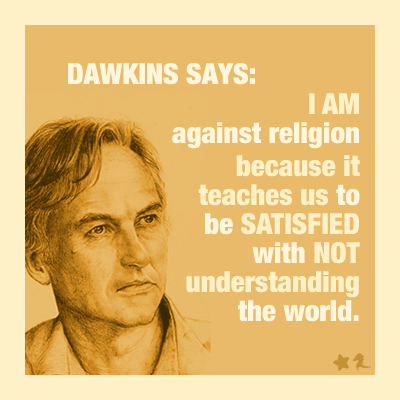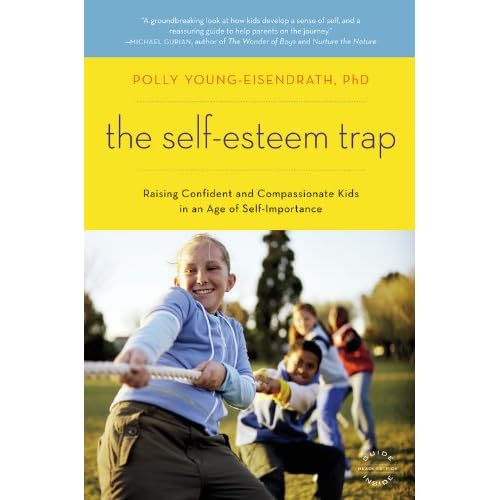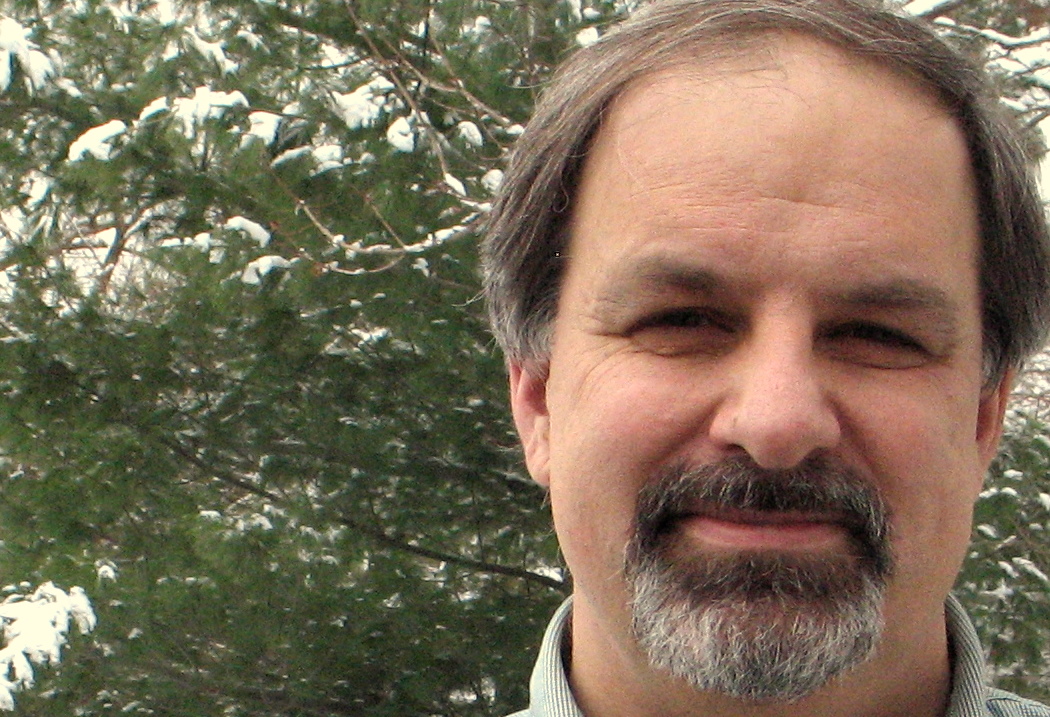What is happening is that evangelical churches are focusing a lot of their chastity teaching on teens. This is very popular. Parents love it. The teens are leery of jumping into sexual activity so they are happy to get good arguments for chastity. Many teens do remain pure. This is good.
When you look at the next age group the story changes a lot. Evangelicals aged 18-29. They tend to wait for marriage just as much as secular people do. Most of them don't wait with sex as well. Their parents are less of a factor. They question the church they have been raised in. The culture continues to wear at them with the constant assumption that everyone their age is sexually active. At the end of the day the rate of sexual activity among single, evangelical, young adults is about 80%. For non-evangelicals it is about 88%. So the gap that is large among teens becomes a lot smaller when those teens move to adulthood.
So what is going wrong? The first issue is contraception. When marriage is not about children then young adults don't see much difference between the serious relationships they have and what a married couple has. We are not married but we are in love so what is the big deal? If marriage is about procreation that question answers itself. You are not ready for children so you are not ready for sex. Or it is time to reorder your lives so you are ready for children. When the contraceptive mentality permeates their thinking then it is hard to see the sense behind a requirement to marry before having sex.
Related to this is the effect of Sola Scriptura on sexual morality. What verse tells you that premarital sex is wrong? What about one that shows pornography is wrong? Then you get into the more perverse questions and the proof texts just are not there. Where are the boundaries? Where do I go to get a definitive answer? What about all the people arguing from the bible that this and that is OK? There simply is no coherent sexual morality in the protestant world. You have to bring in tradition. You have to bring in the sacramental nature of marriage and sex. Some do it by the back door and don't admit it. The arguments just don't hold up under scrutiny.
Then you have Sola Fide. From one of the articles:
Brittany, a 24-year-old veterinary technician, is an example of the newly disaffected. In high school, she attended a conservative Episcopal church in northern Virginia. She enrolled in college thinking of herself as a conservative and not wanting to have sex until she was married. Her views changed when she met her boyfriend. She began to question the theology of her home church on a number of social issues. "I know I'm a Christian and believe in God, but the church hasn't helped me in my struggles," she says. "It really doesn't affect anything in life right now."She knows she is a Christian. Why? Sola Fide tells her she does not need to go to church and does not need to live a chaste life. There is no such thing as mortal sin, right? How can anyone tell her that her faith is inadequate without bringing works into it? Church is not needed. It is something that might help with your struggles and if it does not then don't go. Sacraments? Obedience? I believe in God so what is your issue?
The result? "I don't go to any church."
Then there is the theology of the body. A great grace God have given through the church in at an time of need. It gives us a sexual ethic that is not only coherent but beautiful. Rules no longer seem arbitrary. They are there because the dignity of the human person and the nature of sex demands they be there. You would not want to change either of those things. It shows how we can't improve our sex lives by making some exceptions for ourselves. Trying to remove the sacrifice ends up removing the love.
Then there is the lack of celibate witness, that is priests and religious. Having people around who have sacrificed sex for a greater good. They blow all the cultural thinking out of the water. Who says you can't resist sexual temptation? Who says you can't be fulfilled unless you are in a relationship? It is one thing to teach that sexual pleasure is way less important than fellowship with God. It is another to live it.
Then there is the heavy artillery. When we deal with serious temptations we need serious weapons. Eucharist, confession, penance, fasting, the intercession of Mary and the Saints, adoration, relics, the rosary, etc. Most of these protestants don't have. They say they don't need any of those things because they have Jesus. But when you need extra grace to fight some serious battles with lust these gifts can make all the difference.
The short answer is the evangelical house is built on sand. The storm of the sexual revolution is hitting it hard and it looks like it is going to fall. The answer is to build your house on the rock. The Catholic church can weather this storm but only if the members actually live the faith. Too many are living like protestants or living like atheists. The atheists will wait a lot longer before they admit their system has failed. Evangelicals will see the decline in sexual morals and know there is something very wrong. Will they accept a solution so radical as becoming Catholic? That remains to be seen.


















